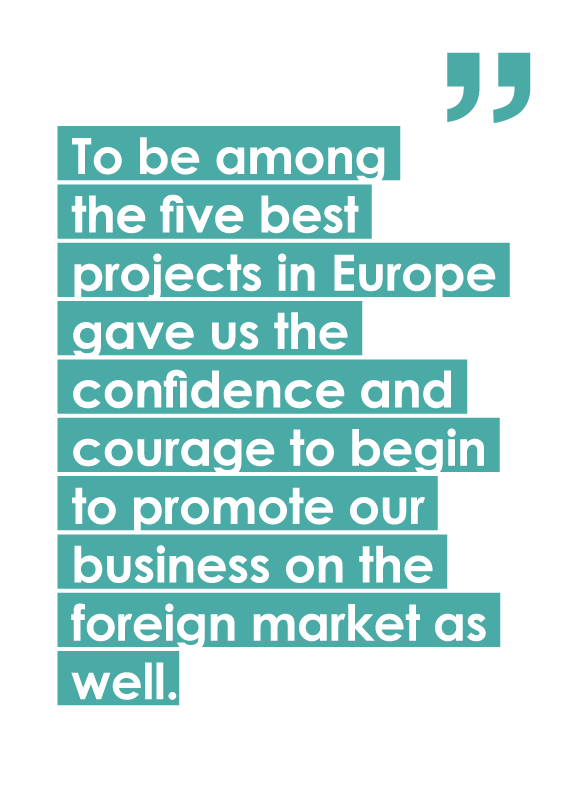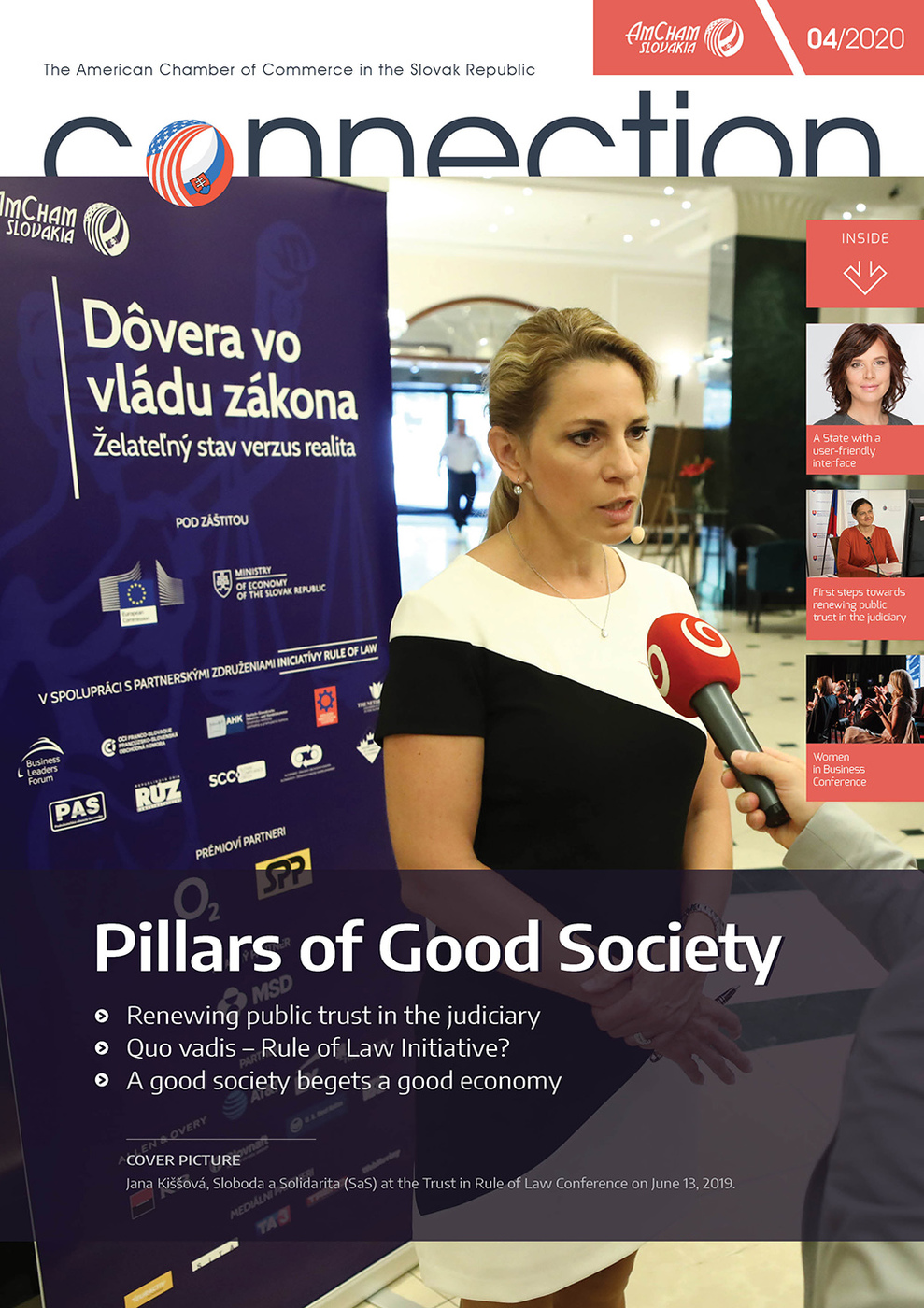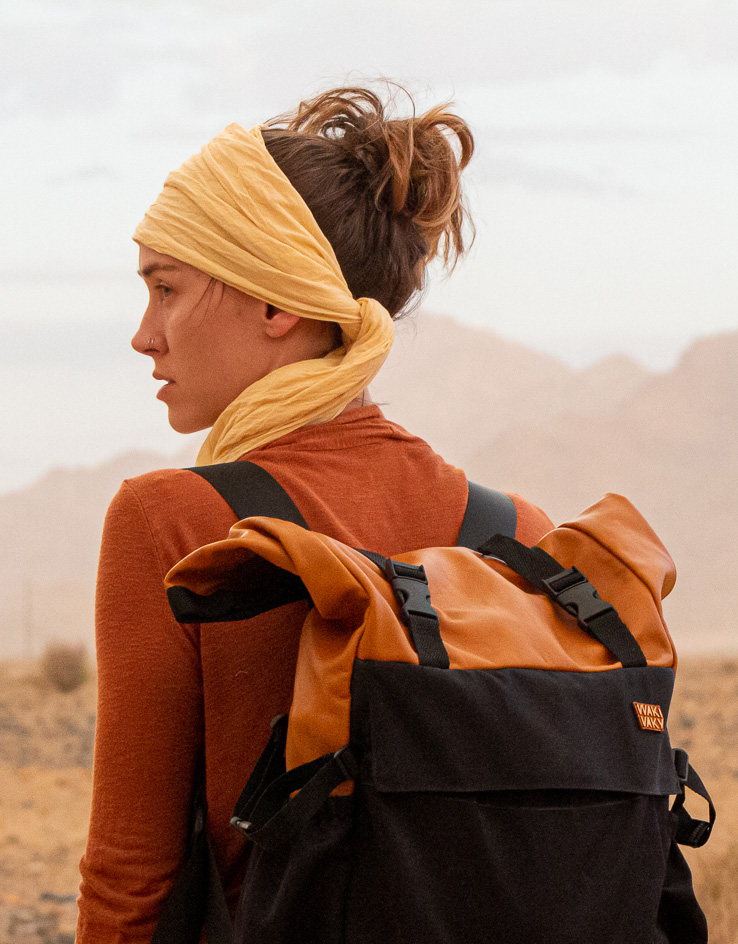You started WakiVaky in 2014 as a school project. How has it evolved since then?
When we started in 2014, we had no idea that this school project would one day be a real business. In the beginning, it was just a training company. We wanted to try out business ideas while still at school. But a lot has changed since then. WakiVaky has become a real company with employees, production, e-shop and everything that goes with it.

Environmental and social impact are core elements of your brand. How would you describe the philosophy of your brand and why is it so important for you personally and your customers?
In my opinion, all companies should have a positive effect on society. In addition to making a profit, they should also think about social and environmental responsibility. It should be natural that I will not produce something that is in surplus in the world, or I will try to process my resources efficiently so that they do not endanger the environment in which we live. I think it makes a lot of sense. Our customers are mostly people who care about ecology and perceive it as something necessary and inevitable.
What were the biggest challenges of starting a business while you were still studying?
Doing business during school brings many benefits, but of course also many difficulties. The biggest challenges when starting a business during school for me were the lack of knowledge, experience and finances.
When did you realize that your idea is turning into a real business with all the responsibility that it entails?
It was already during my studies when I realized that this business idea has meaning and potential in the future. I decided to keep working on it after school and develop it further.
What was the most difficult decision related to WakiVaky you had to make so far?
I don’t even know what was the hardest. We encounter difficult business decisions almost every day. One of those fundamental decisions was, for example, to move the company’s headquarters from the capital to the city of Pezinok, to establish a simple company for shares, to decide to whom we can sell a share of our company and many others.
What skills, knowledge or advice proved to be the most helpful when you were developing the project?
The advice of my university professors, who helped me with the project from the beginning, helped me a lot in starting the business. Courage, openness, communicativeness were my qualities that helped me in the beginning. Other knowledge and skills I have built up gradually while running the business.
You were among the five finalists of AmCham EU Youth Entrepreneurship Award 2020 - what has this experience brought you?
Being in the finals of the prestigious AmCham EU Youth Entrepreneurship Award 2020 gave me the feeling that our business idea has meaning and potential from a global perspective as well. To be among the five best projects in Europe gave us the confidence and courage to begin to promote our business on the foreign market as well.
What are your plans for WakiVaky in the next few years?
The plans for the coming years are bold. With our products, we would also like to address companies that are interested in ecological gifts for their employees or business partners. We can creatively process waste that companies create and prepare an offer of upcycled products from it. We are currently also working on an e-shop that would be competitive abroad.
What advice would you give to young people considering starting a business while still studying?
I would advise young people who are thinking about starting their own business during school not to wait and start as soon as possible. During your studies, you have the space and time to start working on something. Young people are generally bolder and more motivated than older people. It doesn’t matter if your business works out or not, at least you don’t have to worry later about not even trying.
WakiVaky
WakiVaky is a Slovak brand with a strong environmental and social impact. The products are made by upcycling residual textiles and other waste materials from various sources. Besides clothes, they process waste from the automotive industry, furniture industry, damaged tents or advertising banners. The team is intergenerational, the tailors who sew the products include retired or disabled people. They also organize and attend workshops and events focusing on education about waste reduction. www.waki-vaky.com
Dominika Podolanová, Founder and Owner WakiVaky



Follow us